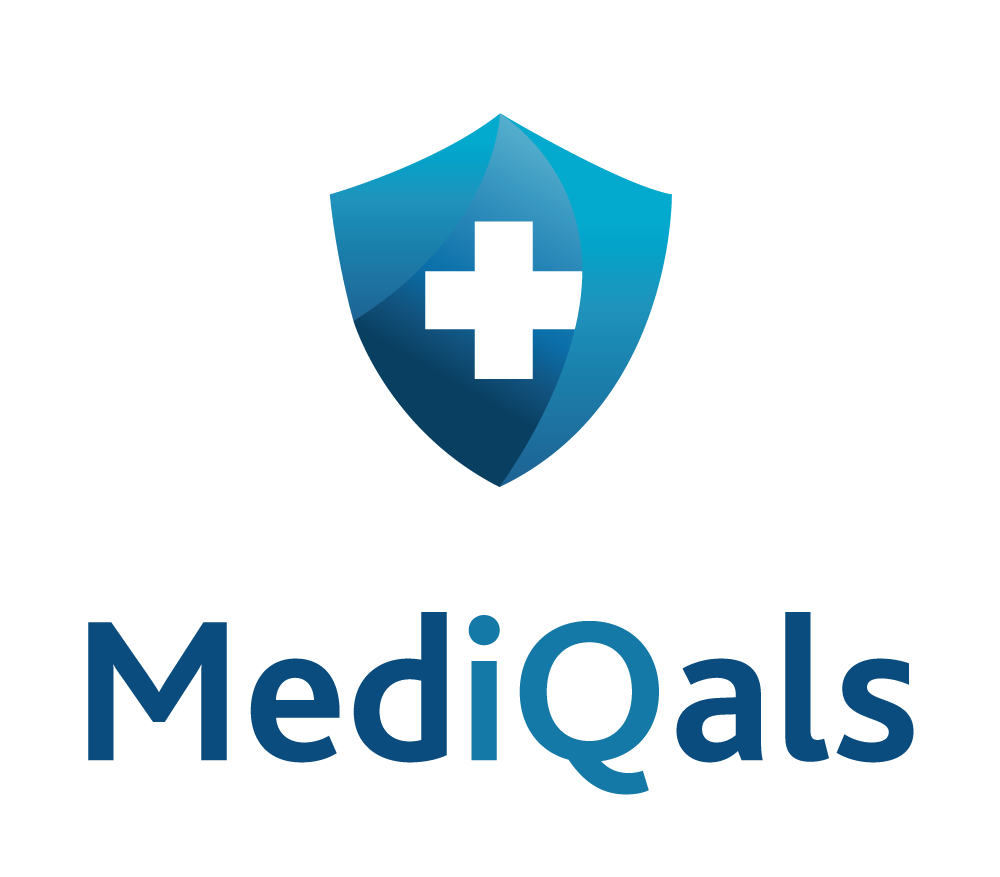Growth hormone, also known as somatotropin, plays a crucial role in the growth and development of an individual. This hormone is produced
Introduction:
Growth hormone, also known as somatotropin, plays a crucial role in the growth and development of the human body. Produced by the pituitary gland, this hormone has numerous positive effects on various aspects of our health and well-being.
When the levels of growth hormone are optimal, it not only promotes linear growth during childhood and adolescence but also contributes to maintaining healthy body composition, metabolism, growthhormone-for-sale and overall vitality throughout adulthood. The benefits of growth hormone extend beyond physical growth, encompassing mental health, immune function, and even aging.
In this article, we will explore the positive effects of growth hormone on different aspects of our health, shedding light on its importance and potential therapeutic uses. Understanding these beneficial impacts can help us appreciate the critical role growth hormone plays in our bodies and the significance of maintaining optimal levels for overall well-being.
The Positive Effects of Growth Hormone on the Human Body
Growth hormone (GH), also known as somatotropin, plays a crucial role in the development and maintenance of various bodily functions. Produced by the pituitary gland, GH promotes growth, cell reproduction, and regeneration. While it is most commonly associated with childhood growth spurts, growth hormone continues to have numerous positive effects on the human body throughout life.
- Enhanced Muscle Mass: One of the notable benefits of growth hormone is its ability to stimulate protein synthesis, leading to increased muscle mass. This makes it highly sought after among athletes and bodybuilders who aim to enhance their physical performance and overall strength.
- Improved Bone Density: Growth hormone promotes the production of bone cells, which helps improve bone density and strength. This is particularly important for individuals at risk of osteoporosis or those recovering from fractures.
- Increase in Energy Levels: GH stimulates the breakdown of fat cells, providing the body with a readily available source of energy. This effect can lead to improved endurance, reduced fatigue, and an overall increase in energy levels.
- Better Cognitive Function: Studies have shown that growth hormone has a positive impact on cognitive function, including memory, attention, and concentration. It has been found to enhance learning capabilities and cognitive performance, especially in older adults.
- Improved Sleep Quality: Growth hormone secretion peaks during deep sleep, contributing to better sleep quality. By promoting restful sleep, GH supports overall health and well-being, allowing individuals to wake up feeling refreshed and rejuvenated.
- Stronger Immune System: Growth hormone helps regulate the immune system, making it more efficient in fighting off infections and diseases. It enhances the production and activity of immune cells, ultimately strengthening the body’s defense against illnesses.
While growth hormone naturally declines with age, some individuals may experience deficiencies or imbalances. In such cases, medical professionals may prescribe synthetic growth hormone to help restore balance and promote overall well-being.
It’s important to note that the use of growth hormone for non-medical purposes or without proper medical supervision can have adverse effects on health. Like any medication, growth hormone should only be used under the guidance and prescription of a qualified healthcare professional.
In conclusion, growth hormone offers a range of positive effects on the human body, including enhanced muscle mass, improved bone density, increased energy levels, better cognitive function, improved sleep quality, and a stronger immune system. When used appropriately, growth hormone can significantly contribute to an individual’s overall health and well-being.
